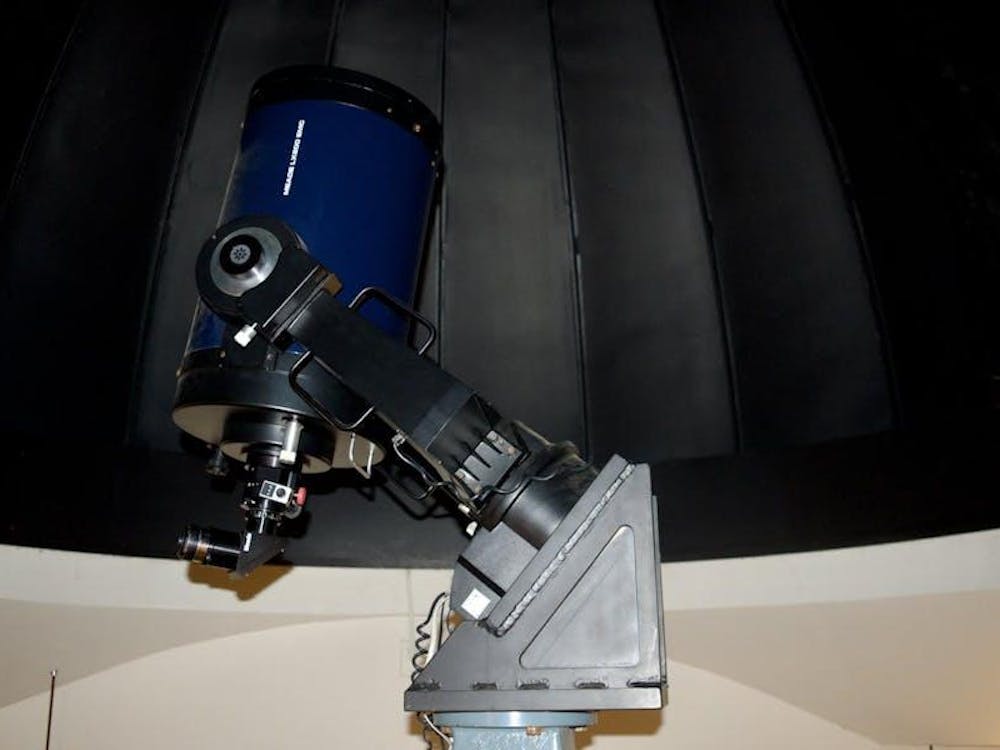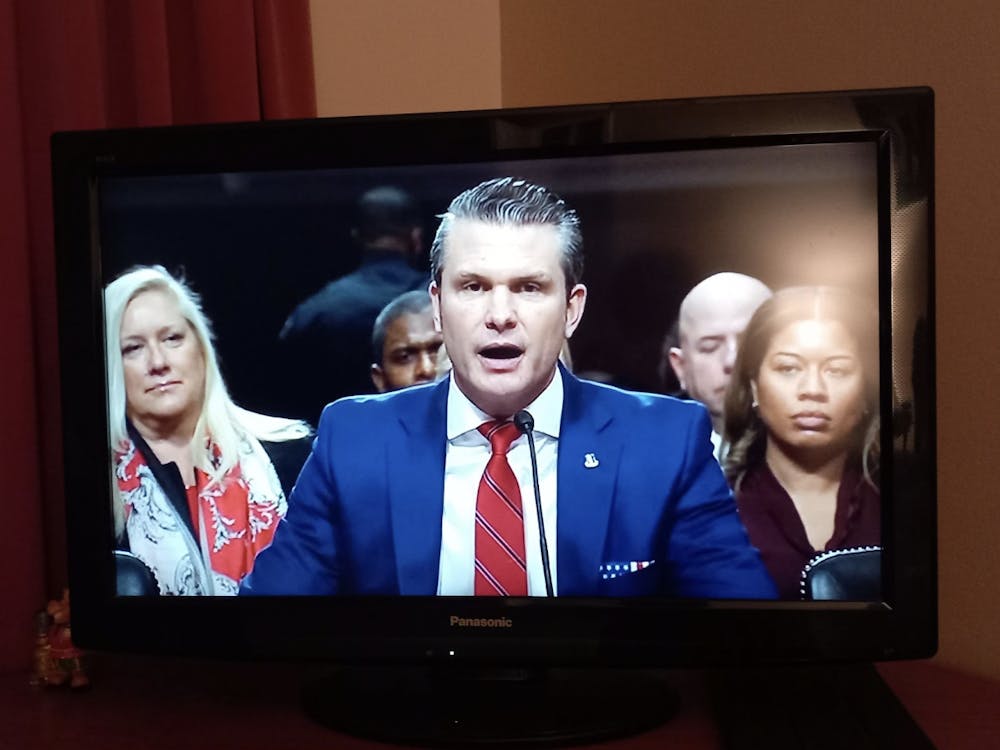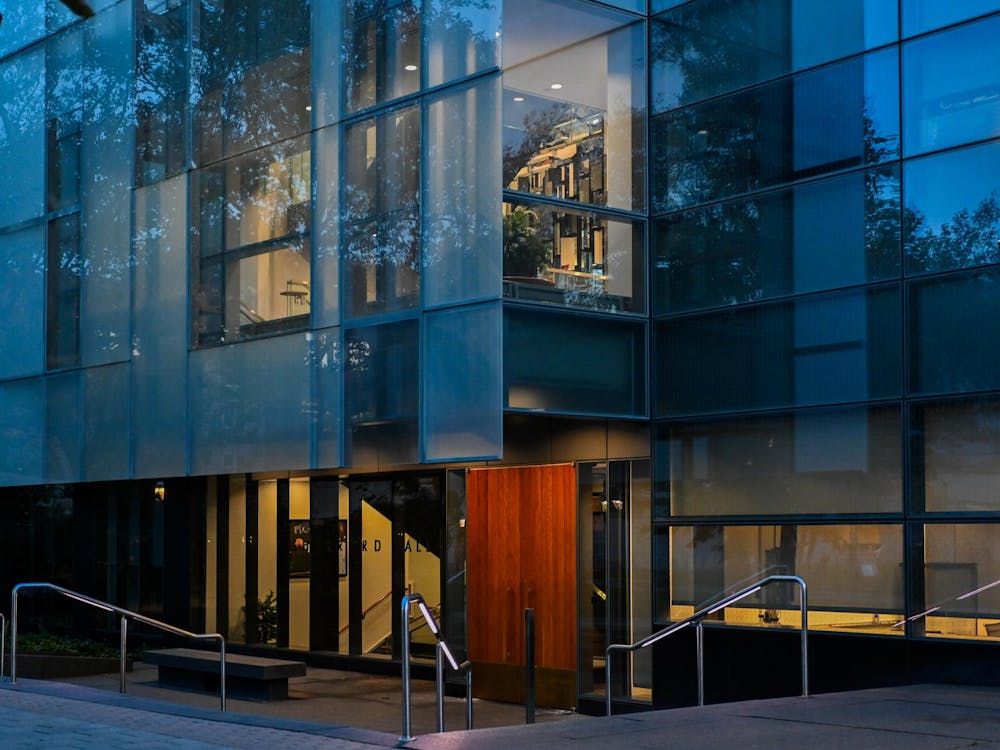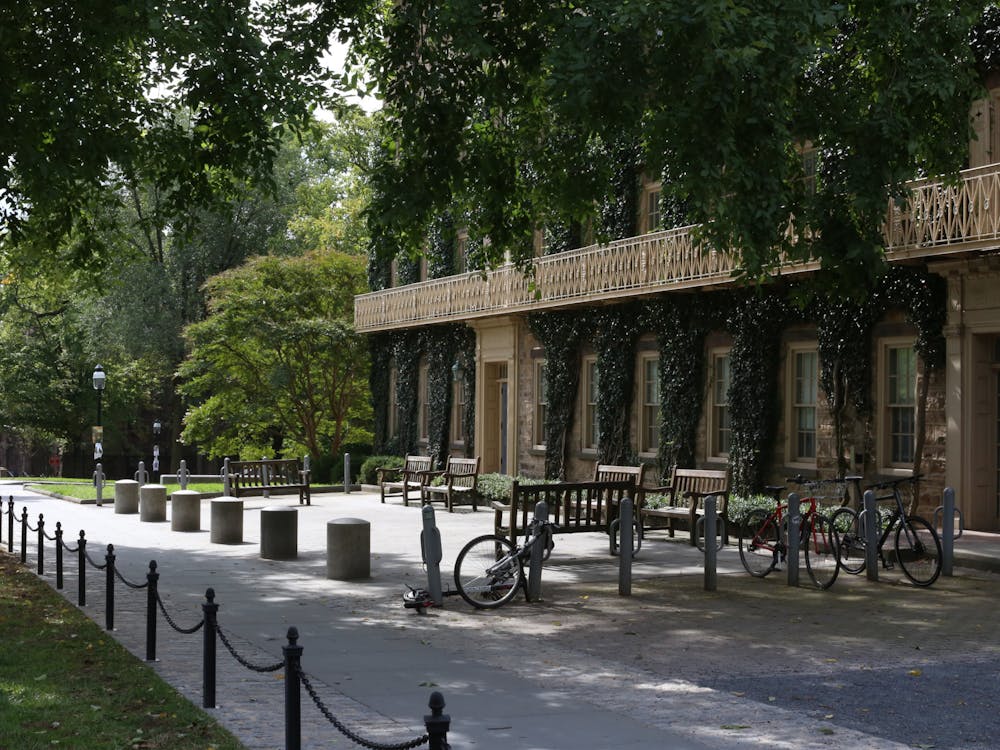How your Coffee Club order turns into compost
Allison JiangThe ‘Prince’ explores the sustainability partnership between the Coffee Club and the S.C.R.A.P. lab, which turns used coffee grounds into nutrient-rich compost. Student “compost concierges” collect and transport the grounds, delivering them to the S.C.R.A.P. lab to be processed and reintegrated into the campus environment.
The ‘Prince’ explores the sustainability partnership between the Coffee Club and the S.C.R.A.P. lab, which turns used coffee grounds into nutrient-rich compost. Student “compost concierges” collect and transport the grounds, delivering them to the S.C.R.A.P. lab to be processed and reintegrated into the campus environment.
























